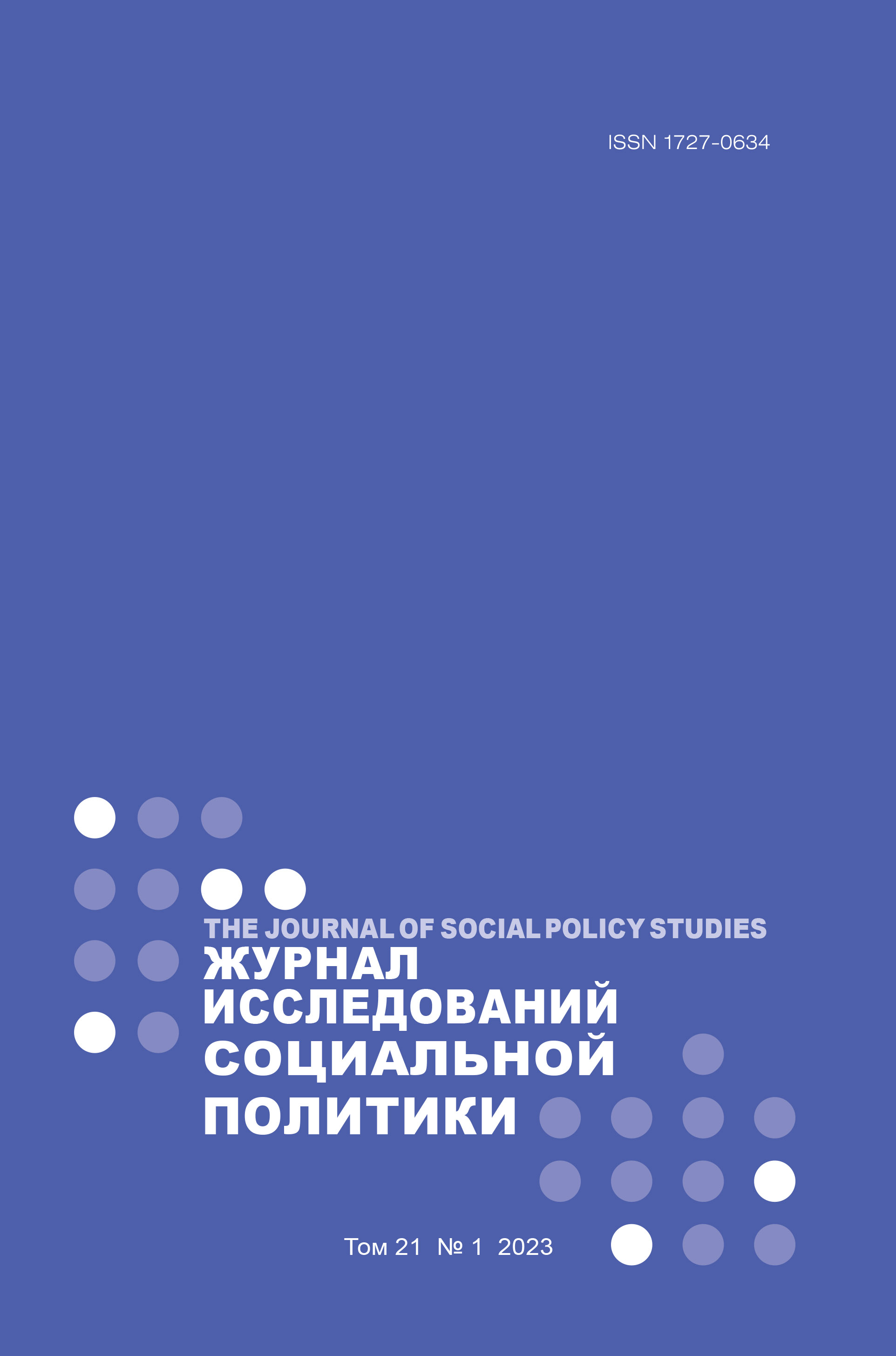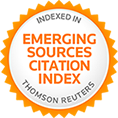Модели адаптации стационарных учреждений социального обслуживания к пандемии коронавируса
Аннотация
Пандемия COVID‑19 стала угрозой для здоровья и жизни жителей учреждений стационарного ухода, так как бóльшая часть из них имела заболевания, вызывающие осложнения несовместимые с жизнью, а высокая плотность размещения способствовала быстрому распространению инфекции. Статья посвящена анализу моделей адаптации учреждений ухода к вызовам пандемии, таким как необходимость соблюдения мер социальной дистанции, незапланированные траты, снижение доступности медицинской помощи на местах, трансформация режима жизни и работы сотрудников, изоляция постояльцев и связанные с этим психологические сложности. Собрано 25 полуструктурированных интервью с руководителями частных и государственных стационарных учреждений в 12 субъектах РФ, а также пять интервью с представителями региональных органов власти и НКО. Анализ трансформации деятельности учреждений проведен с позиции концепции кризисного управления. Выделены модели адаптации, которые построены на базе трех основных характеристик, описывающих действия учреждений – типы агентности, контроль и управление организацией, инструменты решения проблем. На пересечении соответствующих осей определены пять моделей адаптации, которые подчеркивают высокую роль проактивной позиции и трансформирующего действия в преодолении вызовов пандемии. Развитие теории трансформирующей агентности связано с выделением трех типов агентности – опосредованной, индивидуальной и коллективной, в зависимости от того, кто является инициатором действия и осуществляет контроль – внешний агент или структура, отдельный агент (лидер) или коллектив соответственно. Понимание механизмов перестройки деятельности в условиях вынужденной адаптации к пандемии может стать основой для выстраивания социальной структуры таких организаций в условиях трансформации действующей системы социального обслуживания в России, начатого в 2018 г.















